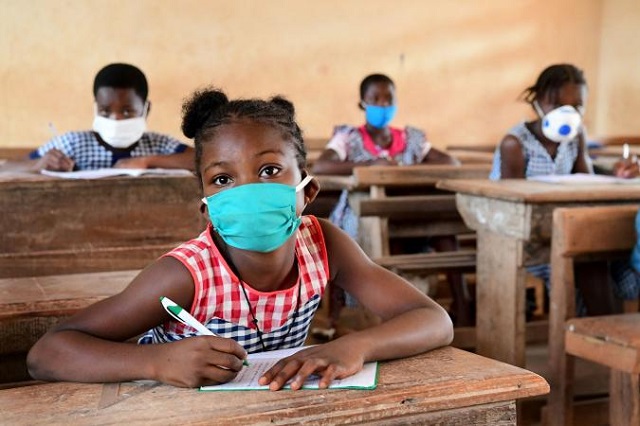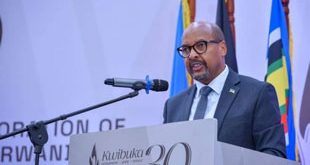
Kampala, Uganda | THE INDEPENDENT | The Ministry of Education and Sports has given a green light to both international schools and those with special needs learners to reopen at full capacity.
The two categories of schools always have a limited number of students enrolled and authorities at the ministry of education believe that even with all learners back, they can ably observe the set standard operating procedures.
For international schools, Alex Kakooza, the ministry of education permanent secretary says it is fine for them given the fact that they follow academic calendars of their international affiliates and their candidate classes do not correspond to the standard education cycles in Uganda.
“They may reopen with guidance from Ministry of Health,” the guidelines read in part adding that “special schools for learners with special needs can also open and operate for all classes provided they have the capacity to adhere to the social distancing of at least two metres.”
Already many special needs children have been left out in all forms of continued learning that was arranged by the government. Disability specialists and activists had ridiculed governments plan to give such learners self-study materials arguing that the program would be ‘outright damaging for many students with disabilities who require a strong, close-knit network of people supporting their often multiple and complex needs.
Approximately 2.5 million children in Uganda live with some form of disability according to an assessment by UNICEF. These include learners with muscular dystrophy, multiple sclerosis, epilepsy, down syndrome, autism, dyslexia, processing disorders, bi-polar, oppositional defiance disorder, the visually impaired and those with hearing impairments.
They are however a few special needs schools. Records show about 10 percent of children with disabilities can access education through special schools with five percent going through inclusive schools.
In case some of the schools fail to reopen, the ministry says they have already developed self-study materials for such learners inform of large prints, braille materials, pre-recorded audio and visual lessons to be placed on SD reader cards and memory cards.
The ministry is also considering interpreters for television-lessons which will make use of for learners with hearing impairment.
******
URN
 The Independent Uganda: You get the Truth we Pay the Price
The Independent Uganda: You get the Truth we Pay the Price


